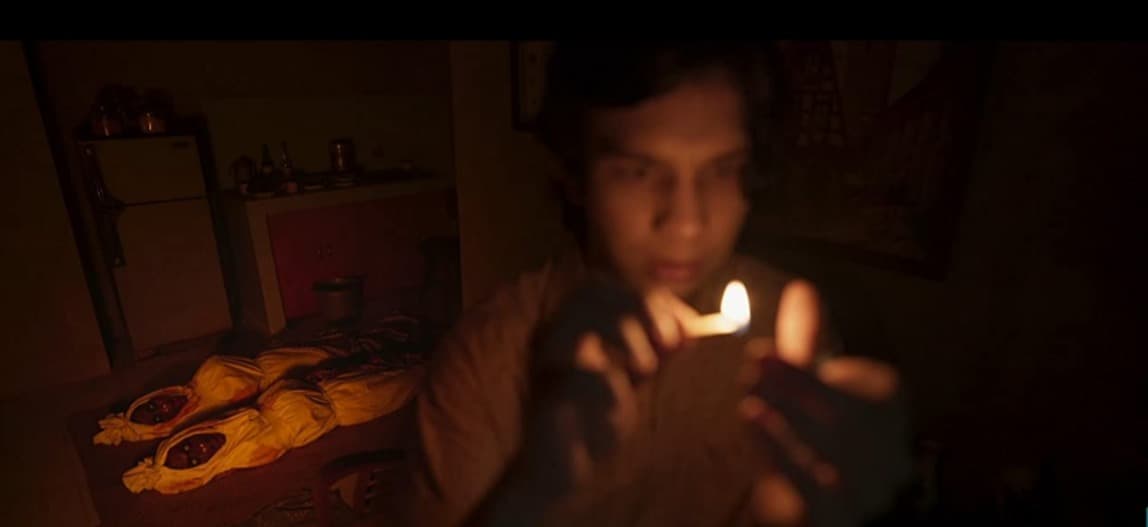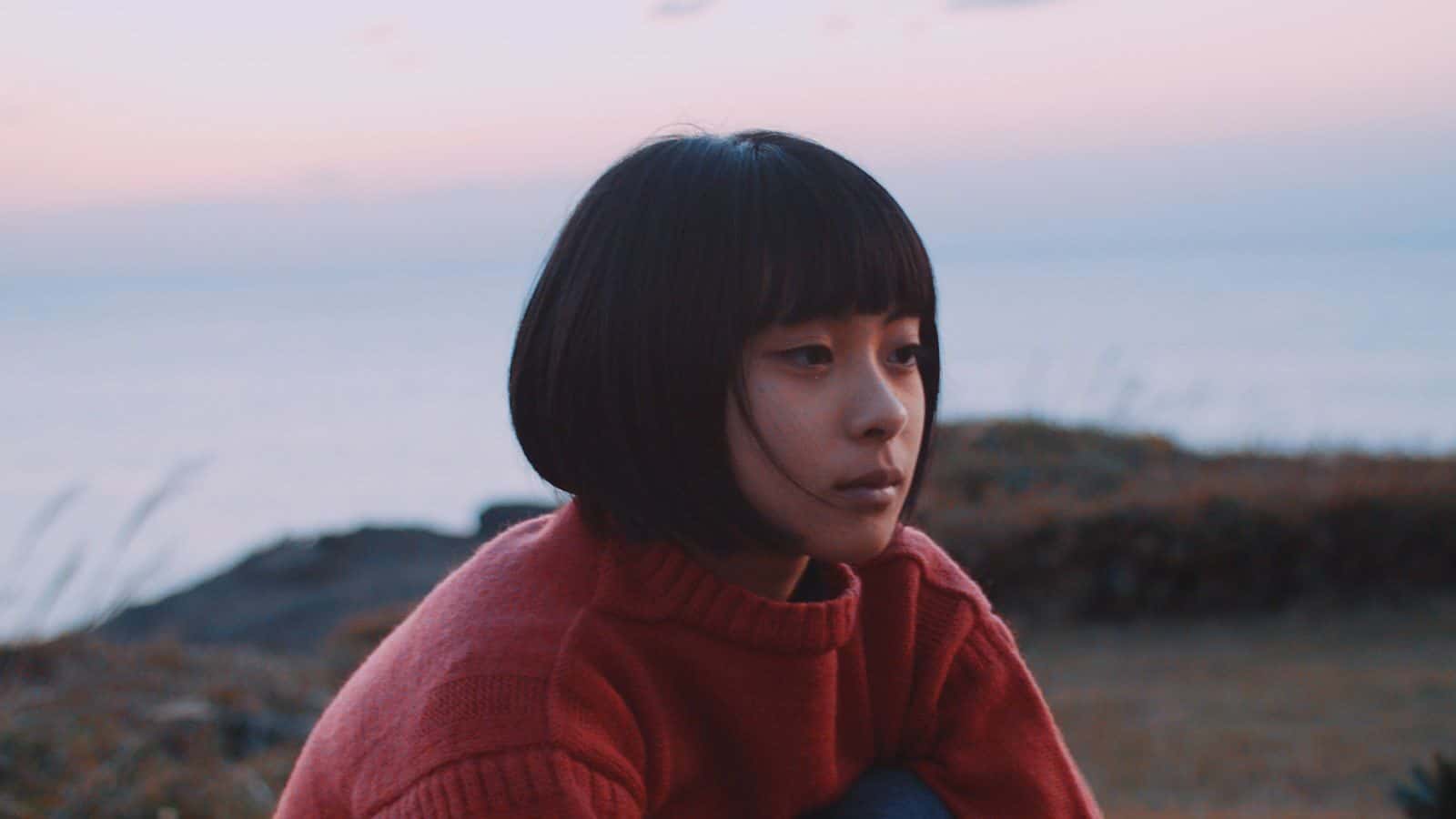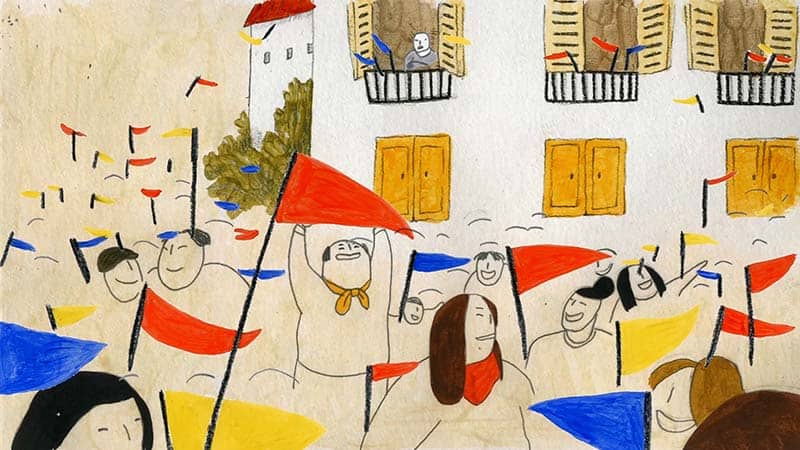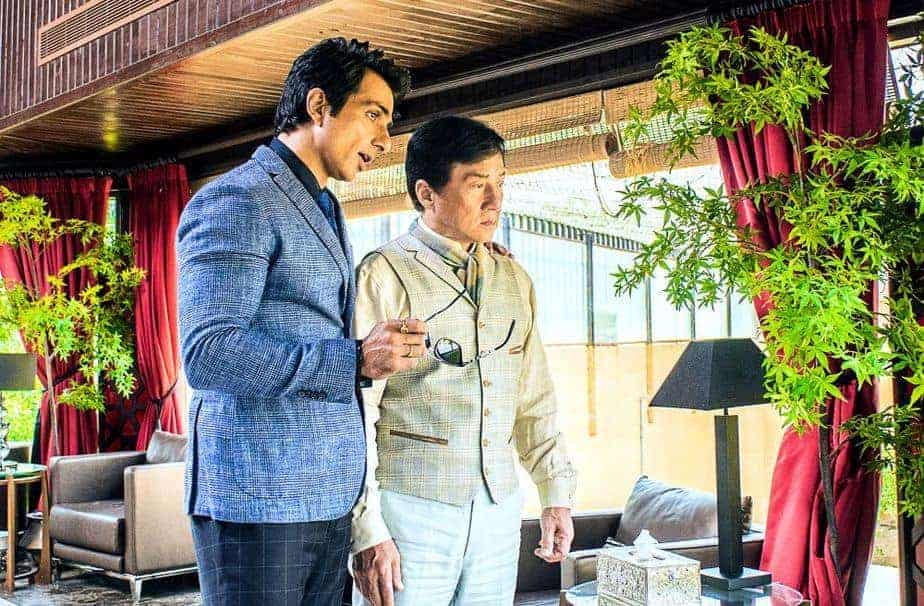Concise, closing just within 80-mins of runtime, “Pakeriran” is a low-key coming-of-age tale set in a contemporary Taiwan in the picturesque coastal area, where Ami people live. Ami is the largest among ethnic groups of Taiwanese aborigines. As we can read on the Digital Museum of Taiwanese Indigenous People:
The original settlement area of the Amis is along the Huatung Longitudinal Valley and the eastern coastal plain. They have built many communities in this area. Amis food culture is unique because of their natural environment. There are three main features of Amis food culture: love for seafood, rich knowledge of edible wild herbs, and special salted raw meat.(…) Even though there was no strictly gender-based division of labor in agricultural activities, two broad sets of relations can be observed. The first one could be termed “millet-female-household,” and the second, “fishing and hunting-male-politics.” These corresponding relations represent complementary and hierarchical structure among social organizations.
Pakeriran screened at Asian Pop-Up Cinema

Though do not expect a documentary-style ethnographic type of movie, with people dressed in traditional costumes performing arts like during a folklore festival. The director, Lekal Sumi Changasan, explores ways of expressing tradition in everyday ordinary life and shows how preserving one's identity is connected with ancestral heritage in the contemporary world. T
he story starts with Futing, a Taipei-based student, being suddenly summoned home by his mother. Her message is alarming – grandfather is sick and needs to be taken care of. Futing was just about to leave for his holidays with friends, but he hurries home, only to learn that mum with the rest of the family had left for vacation. It appears that grandfather only sprained his ankle. However, because of the injury, he is unable to take part in Sacepo, the annual sea festival. Futing agrees to perform the rituals in the family's senior's place. The youngster, leading his life in a city, hardly understands the mother tongue and has little idea about the old ways. Slowly, and not without difficulties, with a help of friendly folks, he will reconnect to his roots by gaining knowledge about traditions, from the philosophy of life to underwater fishing and cooking. In another subplot, there's a girl, Lisin, who comes to the area following the memories of her father, who abandoned the family. She stays at Futing's family house. They run a guesthouse and explain local traditions to tourists, serving them local food. Lisin helps in a kitchen in exchange for lodging and studies the recipes. Lisin and Futing, both learning to understand local customs, will share a bond.
The story unveils unhurriedly and is rather observant. Along with Futing and Lisin, we grasp tribal traditions, especially those connected with the sea and food (viewer's advisory: do not watch it hungry). Futing represents the young generation, which needs to reinvent themselves in a changing world, not forgetting about the past. There's a nice teacher-apprentice arc of a story with a rite of passage waiting ahead. The title “Pakeriran” stands for a small rocky island name, about which old people say: “If you can swim to Pakeriran , you are a man of the tribe. If you can swim around Pakeriran a circle, you are a warrior of the tribe…”. It will be nicely woven into the narrative. The vital questions the director asks are how modernity is affecting aboriginal communities. If there's still space for embracing tradition? The director seems rather optimistic, however, points the pains like the marginalization of indigenous culture, growing lack of respect for nature, and pollution of seas.
It may not be a deepened study of a problem, but with its warm and emphatic atmosphere, natural and likable characters and beautiful surroundings, it is a charming trip to the world of tradition and respect for indigenous ancestry.















